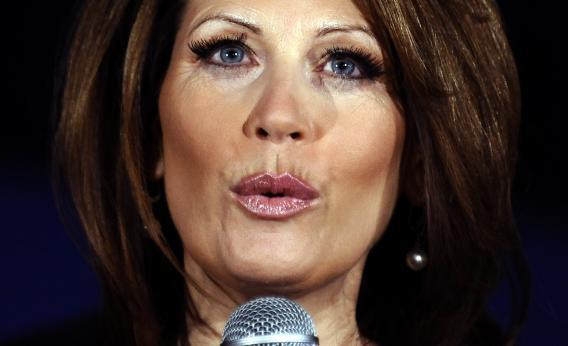Is there truth to the conventional wisdom that a presidential bid usually enhances a politician’s standing, regardless of the outcome? There is much to be gained, after all, both during and after a failed presidential run. Books sell, speaking fees go up, Fox News turns former candidates into “analysts” and rewards them handsomely. Losing candidates can influence the debates and the media coverage, pushing a party’s platform in one direction or another. Presidential politics isn’t just about winning, after all; a failed candidate returns home with elevated stature and the possibility of being tapped for a post in the new president’s cabinet. All the better if that candidate hung on to his or her elected position while making that presidential run, so when it’s all over, there’s another job to go back to.
This election may put that theory to the test. Governor Rick Perry could not have imagined that he’d be worse off after a presidential run, but here he is, with his job approval rating in Texas a full 10 points behind where it was a year ago. By the time he faces reelection in 2014, Texans may well not have forgotten how badly Perry flubbed his moment in the national spotlight. Forty-five percent of Texans say he didn’t just hurt his image; he hurt the state’s, too. That cliché about any publicity being good publicity doesn’t hold true when the thing you’re most famous for is saying “oops.”
But if Perry is the cautionary tale, Michele Bachmann’s example is more likely to lend support to the conventional wisdom. Bachmann recently announced she will run for re-election in the fall. She’s not a shoo-in, to be fair: Democrats are already attacking her for missing votes while she was campaigning, and a recent poll shows well over half of Minnesotans don’t want her to run again. They may or may not be the Minnesotans who matter when it comes to voting in the sixth district. Bachmann’s district is being redrawn, and no one yet knows what it will look like come election time. But she has passionate followers and she’s a solid fundraiser, and the Associated Press describes her as likely to be a “heavy favorite.”
Let’s say she wins. What did Bachmann gain by running for president, if all she does is return to an institution where she’s known for generating more heat than light and where, as Politico recently put it, “she has no place in the House leadership”? The answer may have less to do with her reputation in the workplace and more to do with her national profile. If before Bachmann’s national reputation was as a charming but undisciplined politician at the far edge of mainstream Republicanism, now she has been legitimized by the firewalk of a presidential race, and by the fact that, for a brief time in Iowa, she almost seemed like she stood half a chance. If before, Bachmann was known primarily as a bombastic congresswoman who once accused Obama of being anti-American on TV, now she is a bombastic former presidential candidate accusing Obama of “socialism” on TV. And that adds up to a world of difference.
